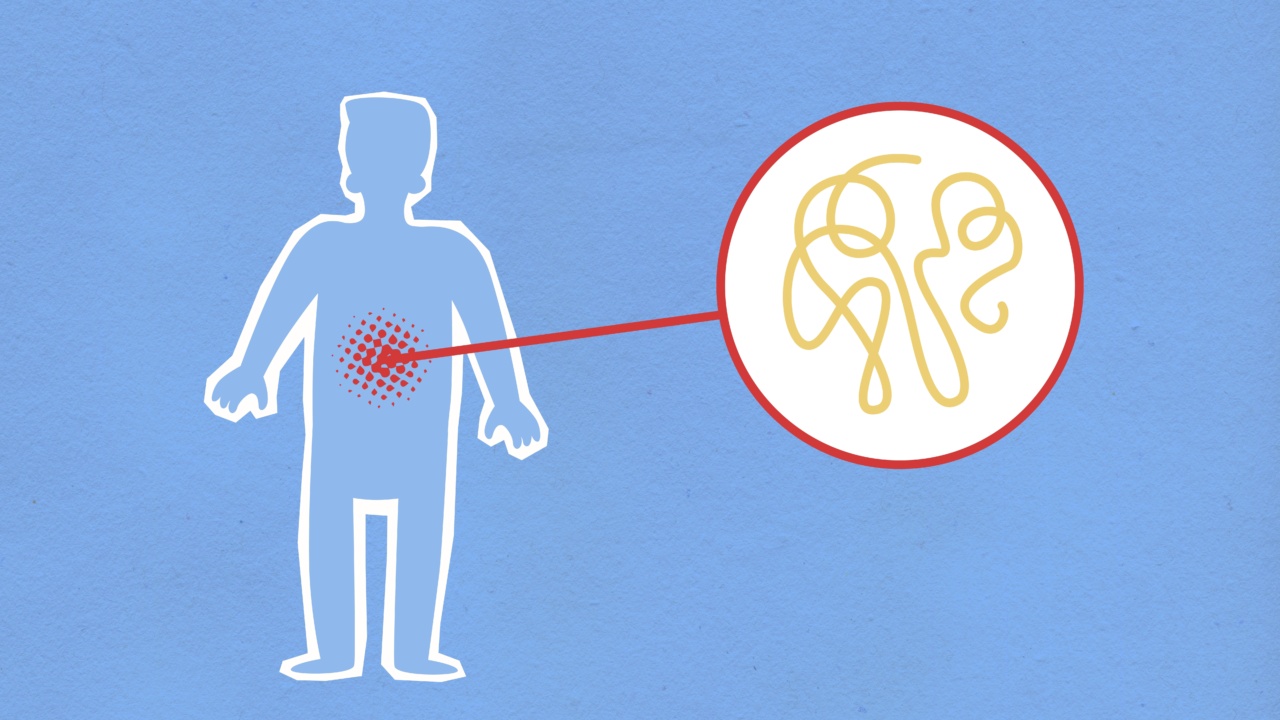Alzheimer’s disease is a progressive neurological disorder that affects the memory, thinking, and behavior of individuals. It currently affects millions of people worldwide and is the most common cause of dementia among older adults.
Recognizing the indicators of Alzheimer’s disease is crucial for early intervention and management of the condition. This article aims to provide a comprehensive understanding of the key indicators of Alzheimer’s disease.
1. Memory Loss
One of the earliest and most prominent indicators of Alzheimer’s disease is memory loss. This may manifest as forgetting recently learned information, dates, events, or significant life moments.
Individuals may rely heavily on memory aids or family members for tasks and events they used to handle independently.
2. Difficulty in Problem-Solving
Individuals with Alzheimer’s disease often experience challenges in solving problems or following complex instructions. This may be noticeable in their ability to manage finances, work-related tasks, or even simple daily routines.
They may struggle with concentrating, making plans, or completing familiar tasks.
3. Confusion and Disorientation
Confusion and disorientation are common indicators of Alzheimer’s disease. Individuals may become disoriented in familiar environments, finding it difficult to recognize places or follow directions.
They may struggle with the concept of time, often getting lost or forgetting the day, month, or year.
4. Language and Speech Issues
A decline in language and speech abilities is another indicator of Alzheimer’s disease. Individuals may have trouble finding the right words, participating in conversations, or understanding written and spoken language.
They may also repeat themselves or struggle with vocabulary and pronunciation.
5. Impaired Judgment and Decision-Making
Alzheimer’s disease can affect an individual’s ability to make sound judgments and decisions. They may exhibit poor judgment in financial matters, personal hygiene, or safety precautions.
This can put them at risk of making inappropriate choices or falling victim to scams and fraud.
6. Changes in Mood and Personality
Significant changes in mood and personality are common indicators of Alzheimer’s disease. Individuals may experience increased anxiety, irritability, depression, or mood swings.
They may also become withdrawn, uninterested in hobbies or social activities they previously enjoyed.
7. Loss of Initiative and Motivation
Individuals with Alzheimer’s disease often lose their initiative and motivation to engage in activities. They may show decreased interest in hobbies, work, or spending time with loved ones.
This loss of initiative can significantly affect their overall quality of life.
8. Difficulty with Visual Perception
Alzheimer’s disease can affect an individual’s visual perception, making it challenging to interpret and understand visual information.
This may result in difficulty with reading, judging distances, differentiating colors, or identifying familiar objects or faces.
9. Problems with Motor Skills
As the disease progresses, individuals with Alzheimer’s may experience difficulties with motor skills and coordination. This can lead to challenges in activities such as writing, buttoning clothes, or using utensils.
They may also be more prone to falls or accidents.
10. Social Withdrawal and Isolation
Alzheimer’s disease can cause individuals to withdraw from social interactions and isolate themselves.
They may experience difficulties in following conversations or lose track of the discussion, leading to feelings of frustration or embarrassment. They may also have difficulty recognizing familiar faces or maintaining relationships.



























